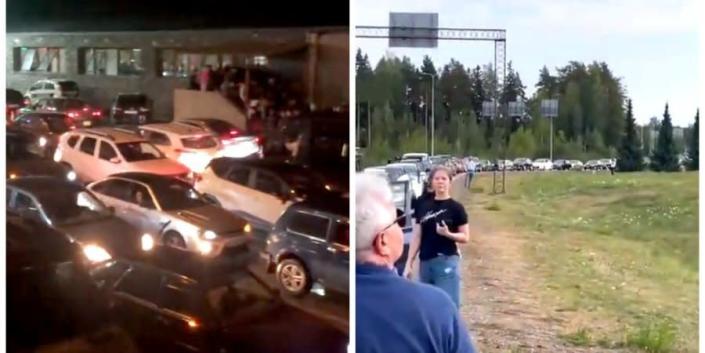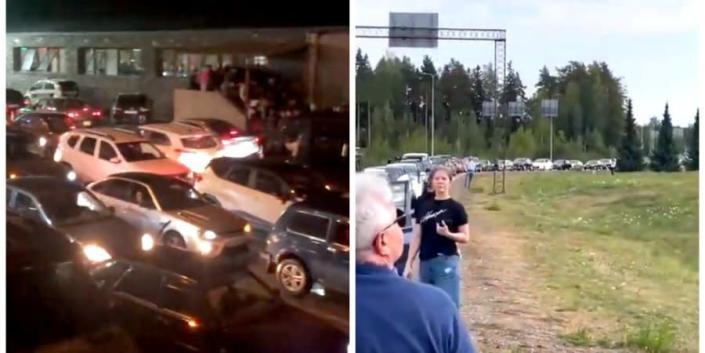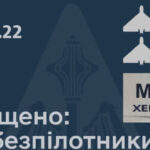
“If Russians want to come to us on some business, stay here for a period and then leave – there should be no questions, we can not restrict it,” he said.
According to him, Russia and Kazakhstan are members of the Eurasian Economic Union, so “there are certain obligations”.
“There is an agreement that we signed,” Ashimbaev said.
“If Russians are coming now, we cannot limit it. But we really hope that the situation in Ukraine will be stabilized.”
Read also: Latvia to refuse entry to Russians fleeing mobilization, says FM
After Putin’s announcement of mobilization, Russians are fleeing Russia enmasse, causing huge traffic jams on the borders with neighboring countries.
On Sept. 21, Putin declared a partial mobilization in Russia and espoused his readiness to use nuclear weapons in the event of a “threat to the territorial integrity” of Russia. He also said he would support the holding of sham “referendums” to annex the occupied territories of Ukraine.
Russian Defense Minister Sergei Shoigu — who stated that Russia is not at war with Ukraine, but with the “collective West” — announced that 300,000 reservists would be called up during the partial mobilization. He estimated the mobilization resource of Russia at almost 25 million people.
The statements were made shortly after a rapid counteroffensive by the defenders of Ukraine: On Sept. 14, the Ministry of Defense reported that since Sept. 6 (in the space of one week), the Armed Forces of Ukraine had liberated 388 settlements and about 8,500 square kilometers in Kharkiv Oblast alone.
Earlier, on Sept. 20, the Russian State Duma, the Kremlin’s rubber-stamp parliament, rushed through votes introducing the concepts of “mobilization,” “martial law,” and “armed conflict” into Russia’s Criminal Code.
Now, desertion, absence from service and voluntary surrender will be punished more severely.
Read the original article on The New Voice of Ukraine




